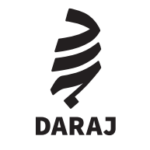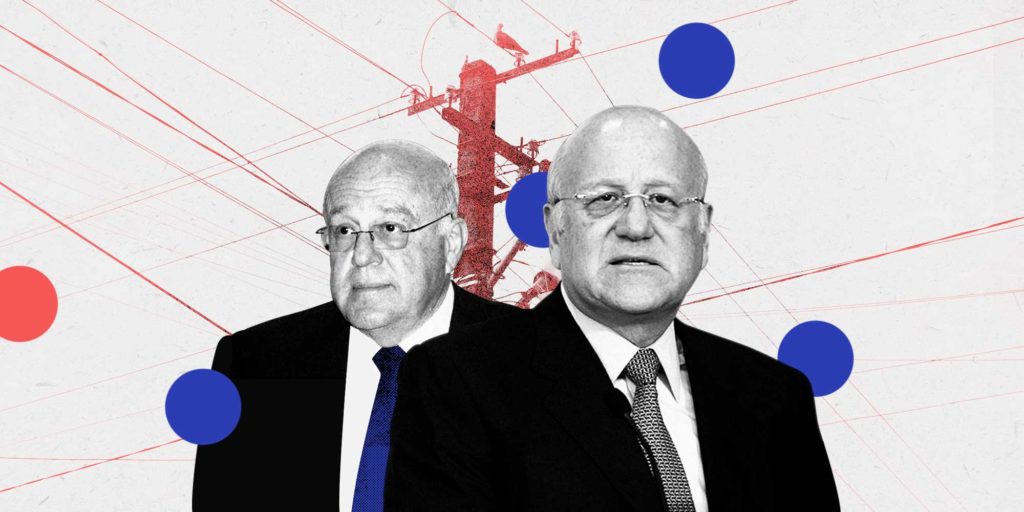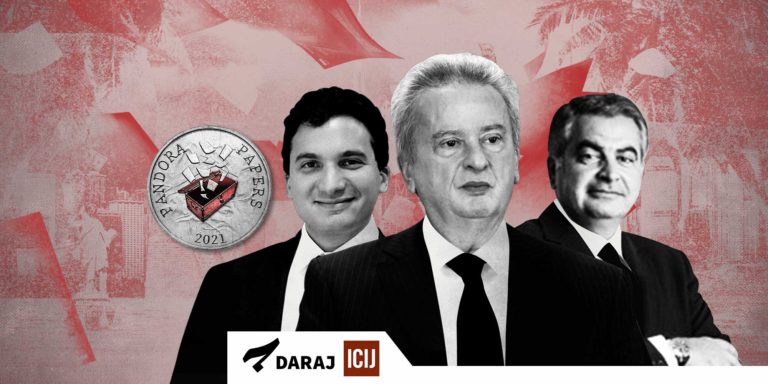As we were in the Daraj office working on the Pandora Papers some two weeks ago, Lebanese Prime Minister Najib Mikati read out the ministerial statement on the basis of which his government won the confidence of the House of Representatives.
The statement included a clause on tax reforms the government intends to implement in order to strengthen the state’s finances in the light of what economist Tawfiq Kaspar described as the biggest financial and economic collapse in Lebanon’s history.
The Pandora Papers project is an investigation bringing together some 600 journalists from around the world under supervision of the International Consortium of Investigative Journalism (ICIJ). They examined millions of leaked documents that unveil the secretive world of tax havens, revealing properties and hidden wealth of numerous world leaders and public figures, including stars, celebrities, athletes, fugitives and convicts. And Najib Mikati? The man delivering his statement of intent in Lebanon’s parliament? His name too appeared in the leaks, as did that of his predecessor, Hassan Diab, and hundreds of other Lebanese politicians, bankers and businessmen.
The prime minister registering his companies in tax havens is of course not consistent with his desire to strengthen the state’s finances. The main aim of such a step is to evade paying taxes, which is what Mikati, who stems from the world business, has been doing.
346 Lebanese Companies
151 British Companies
Lebanon topped the list of the number of offshore companies established through the Trident Trust, with the Trust being the largest provider of documents leaked in the context of the Pandora Documents project.
But the Lebanese paradox regarding the leaked files is not limited to that. Another amazing fact is that, while Lebanon has economically and financially collapsed, a disaster touching all sectors and threatening to cause a famine, politicians, bankers and businessmen of the rushed to register their companies in tax havens.
Among the 14 sources of leaked files, numbering some 12 million in total, the Trident Trust provided the most: some 3 million documents. And Lebanon led the way in terms of “oligarchs” using the firm that, according to its website, is “a leading provider of corporate, trust and fund administration services “ With 346 clients Lebanon ranked first. They resorted to the Trident Trust to help register in tax havens. Britain ranked second on the company’s client list with 151 files.
Iraq, a country mired in the corruption of its political class, ranked third with 85. It appears moreover that an exchange of experiences in the field of corruption is in full swing between two countries that “enjoy” a great influence from Iran.
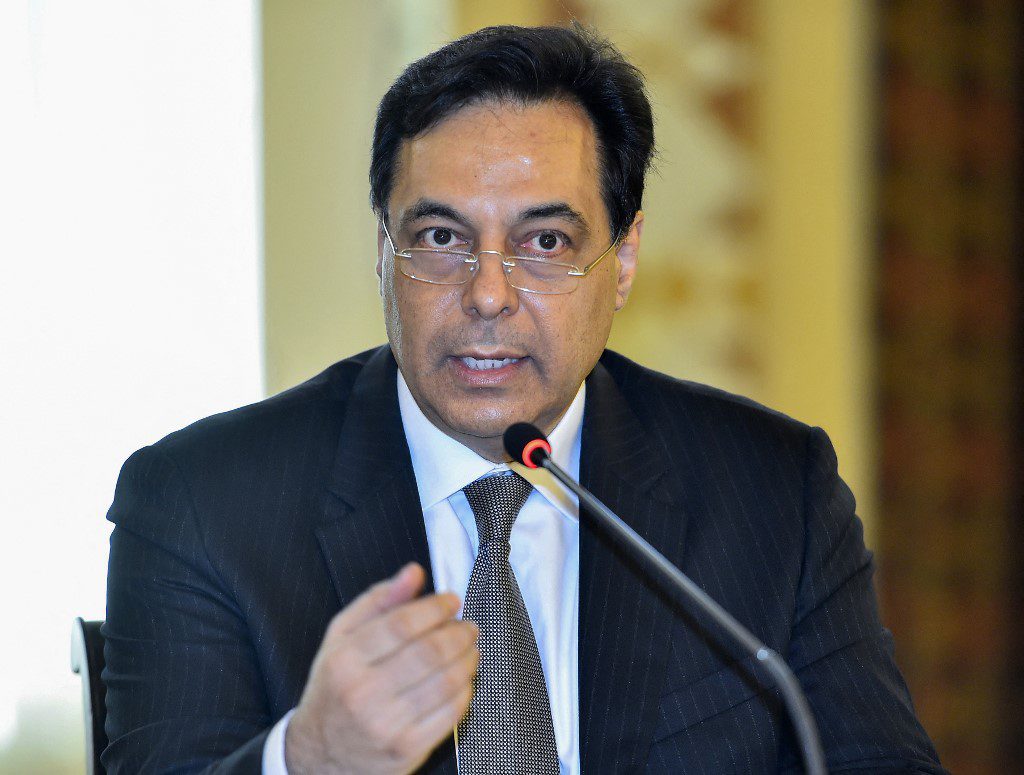
Hassan Diab 
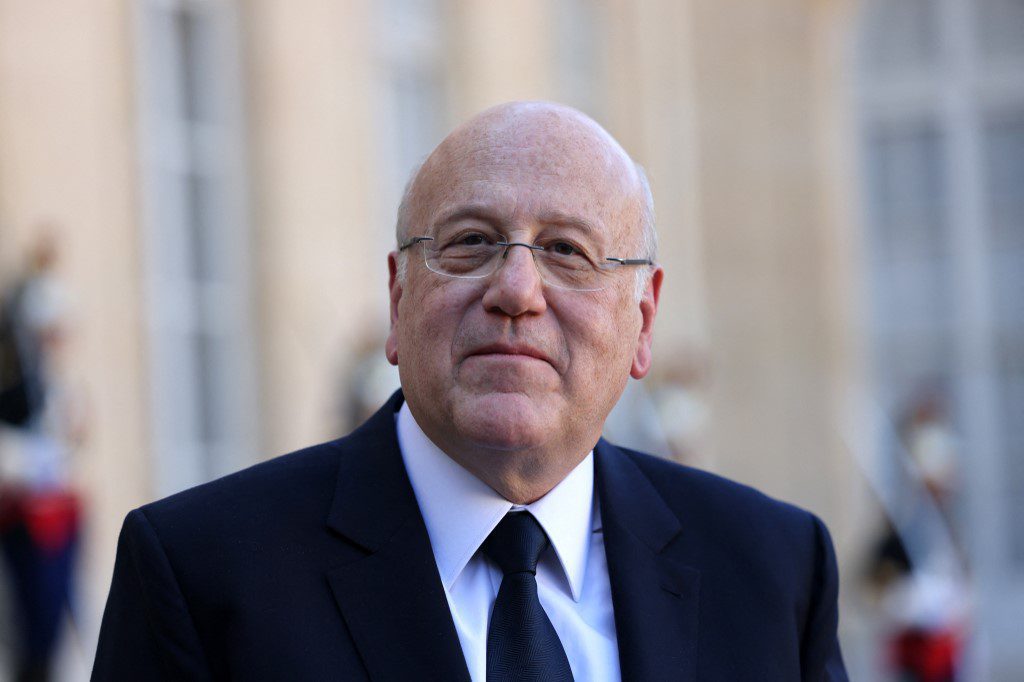
Najib Mikati
Kheireddine In the course of our investigation of Lebanese politicians and businessmen mentioned in Pandora Papers, we discovered that a number of them extended their activities to Iraq through armed factions backed by Iran or through partnerships with Iraqi businessmen. Hit by international sanctions due to corruption, it seems they resorted to Lebanese fronts. The opposite is also true, as we found traces of investments by Lebanese, who were subjected to US sanctions, in Iraq.
In the trove of leaked documents, we found the names of, among others, Najib Mikati and Hassan Diab, the current and former prime minister respectively, former MP Amal Abou Zeid, an advisor to the President of the Republic, Marwan Kheireddine, a leading banker and former minister, as well as TV owner Tahseen Khayat and banker Samir Hanna. The documents also invoke suspicions in terms of timing, as was the case for Kheireddine who to bought properties in Britain and the US, while Lebanese banks were reassuring depositors that their savings would not be affected.
In 2019, Kheireddine was a regular guest on TV where he passionately supported the financial policies of Riad Salameh, Governor of the Lebanese Central Bank (BDL). He himself established a company in a tax haven to buy a $2 million yacht and a $9 million home in New York from Hollywood star Jennifer Lawrence.
This all happened shortly before capital controls were introduced, which leads to the suspicion that he smuggled money out of the country while calling upon the Lebanese to keep calm and not fear for their deposits!
The documents furthermore revealed partnerships aimed at facilitating the process of evading international sanctions. This is case for Amal Abou Zeid, combines Russian companies, the Aounist movement, the Syrian regime, and a long career in the field of money transfer.
Finally, there are companies in tax havens connected to people targeted by US sanctions on charges of money laundering for Hezbollah, such as Qassem Hojeij and Saleh Assi.
The documents lead us to suspicions related to the transfer of money by politicians and influential people during the “Capital Control” period outside Lebanon and its use to buy homes and real estate in Britain, America and other countries.
Mikati
The “tears” of new Prime Minister Najib Mikati upon forming the government sparked quite some controversy on social media. He and his brother Taha are among of the richest men in Lebanon and the Middle East. According to Forbes magazine, they each have a net worth of some $2.9 billion.
The Mikatis’ career path is tainted by controversy. Only recently, Daraj reported on how the Mikatis’ M1 Group in July 2021 intended to buy Myanmar telecom company Telenor for $105 million.
Yet, the Myanmar authorities still have not approved the deal, due to the work of M1 group, as well as the Mikati brothers proximity to the Syrian regime, according to Daraj’ sources, which claim there is pressure to cancel the sale.
Read Also:
It should furthermore be noted that the Mikati family (Najib, his son Maher, and his brother Taha) benefited from subsidized loans, which the BDL provided for people to buy affordable housing. Mikati acquired several of these loans to buy apartments in one of the most luxurious buildings in Beirut. Even if the “exploitation” of these housing loans took place in a legal way, it is still unfair and did not correspond to the purpose of such loans, as they were to be granted to low-income people.
Between 2010 and 2013, Mikati obtained up to ten of these housing loans from Audi Bank, which prompted the lawsuit brought against both parties by public prosecutor Ghada Aoun on charges of “illegal enrichment.”
Mikati’s name has long featured in international leaks, as he has long been active in establishing offshore companies. In the Paradise Papers co-published by Daraj in 2017, it appears he founded Corporate Jet in 2004.
The Panama Papers published in 2008 revealed that the current Prime Minister has owned Hessville Investment Inc. in Panama since April 27, 1994. The company is managed by: Najib Mikati (chairman), his son Maher Mikati (Treasurer), and Mostafa El Solh (Secretary). The latter is also the brother-in-law of Taha Mikati, and he was the mediator who helped form the current Mikati government.
The Pandora Papers reveal that on February 13, 2008, the company decided to purchase a property in Monaco for some €7 million. According to many experts, buying real estate through an offshore company greatly reduces the tax burden compared to registering the property in the name of a person.
Daraj sent questions to Najib Mikati and we received a response from his son Maher, who runs the M1 Group. He confirmed that Hessvile is a company based in Panama.
“It is a company fully owned by my father, with the sole purpose of owning a house in Monaco,” Maher wrote. “It was established before 2008 by the previous owner of the apartment, in 1994. My father bought the shares in 2005. Then another deal took place in 2008. During the purchase of the adjacent apartment, both properties were annexed. My father is still the owner of the property to this date.”
“It is very normal to own properties through companies rather than directly,” he added. “This is a personal decision that we made a long time ago. Most of our personal properties are corporately owned. The main purpose is the flexibility it offers. In the event of a sale, you are selling the stock. In some jurisdictions, this may present a tax advantage.”
“The choice to register companies, in Panama or the British Virgin Islands, is related to the easy process of incorporating companies located in such jurisdictions.,” he concluded. “In this case, the apartment’s previous owner owned it through a company in Panama, so my father kept it as such.”
Diab
As for former Prime Minister Hassan Diab, he seems to have clearly understood the nature of the game when from 2011 to 2014 he served as Minister of Education in the Mikati government.
One of his biggest “successes” as a minister was his book about his “accomplishments.” But now it seems some of his biggest achievements were accomplished after his ministerial term had ended, yet he never mentioned them on his website or in any media appearance: taking over management of a company registered in the British Virgin Islands.
The Pandora Papers reveal that Diab took over management of eFuturetech Services Ltd in February 2015 with Mohamed Nabil Badr and Ali Haddara. Why did Diab not share this achievement with all the Lebanese as usual? Did he mention it in his autobiography, which he distributed on his visit to Qatar?
Diab owns 17 shares in the company, compared to 67 shares for Badr and 16 shares for Hadara. Badr has been president of the Lebanon’s Al-Ansar Football Club since February 2013, as well as a stakeholder in several Lebanese companies.
He was a candidate for the 2018 parliamentary elections on Beirut Al-Watan list for Beirut’s second district, but his bet on the fans of Al-Ansar, was a losing one, as he did not get more than 854 preferential votes.
Ali Haddara is Chief Financial Officer at Chedid Capital Holding. He has a degree in Business Administration and an MBA in Finance from the American University of Beirut and has over 20 years of experience in finance, banking and acquisitions.
The irony is that, before submitting his resignation following the Beirut port explosion on August 4, 2020, Hassan Diab had declared “war” on tax evasion. Yet, after his resignation he returned to “submissively” saying that “corruption is bigger than the state.”
Although the establishment of an offshore company is not illegal, it raises questions, as in most cases it is a way for suspicious business practices or tax evasion. We sent questions to Diab more than a week ago, yet did not receive a response before publication.
Bankers
The leaks furthermore show that Khalil Ibrahim al-Debs, head of corporate banking at Audi Bank Audi, was a manager at an offshore company called Fondal Ltd. in the British Virgin Islands between June 2015 and December 2016, before taking over management.
Imad Itani Al-Debs is also Chairman of the Board of Directors of Audi Bank in Qatar, and a member of the Board of Directors of Bank Audi – Egypt. He is the brother-in-law of Samir Hanna, Chairman and General Manager of Audi Bank.
Daraj sent questions for clarification got the following response from him: “Fondal LTD was established in 2015 in the British Virgin Islands with the sole purpose of a potential acquisition on behalf of Bank Audi of assets located abroad, which had been proposed to the bank for debt settlement. It never materialized.”
Here the name of the Chairman of Al-Mawarid Bank, Marwan Kheireddine, appeared again, alongside that of BDL’s former Deputy Governor, Mohamed Baasiri and the Salameh family: BDL Governor Riad Salameh, his son Nadi, and his younger brother Raja. The question arises as to whether this involves a conflict of interests and if Salameh and Baasiri should face legal action.
In February 2020, the financial prosecutor Ali Ibrahim had ordered the assets of bank managers, including those of Kheireddine to be frozen, and to put a “prevention on disposal” sign on the assets of 21 Lebanese banks, after information had come to light that Lebanese banks had smuggled out nearly $6 billion, even though banks have banned transfers abroad.
However, general prosecutor Ghassan Oweidat, quickly overturned Ibrahim’s decision – a clear sign of the immense power of bankers over the state in Lebanon.
The Afram family
Another prominent name in the Pandora Papers is the Afram family, headed by former MP Neamat Afram and his family: Mounir, Faisal, Karim, Makram, Marwan, Jihad, Fadi, Shafiq, Bahjat, Rabia, Munira, Soraya, Raya, and Suha.
Neamat Afram is CEO and Vice-President of the multinational INDEVCO GROUP, founding president of Phoenix Machinery and former president of the Association of Lebanese Industrialists. He also served as President of the Maronite Foundation from 2016 to 2018. His file includes many undisclosed offshore companies.
Lebanon has always set many records in many fields. On August 4, 2020, it witnessed the largest non-nuclear explosion ever, which was preceded by the largest economic collapse in history, and here we are witnessing the largest number of companies in tax havens.!
This in addition to the world’s biggest plate of hummus, the biggest manouche zatar and the biggest glass of lemonade! The world truly belongs to the Lebanese!
All of these records were achieved in the light of the service economy, which firmly established the role of the “smart mediator,” who ends his career with a major deal, after which he goes to hide on a remote island that absolves him from any form of accountability.
Read Also:

